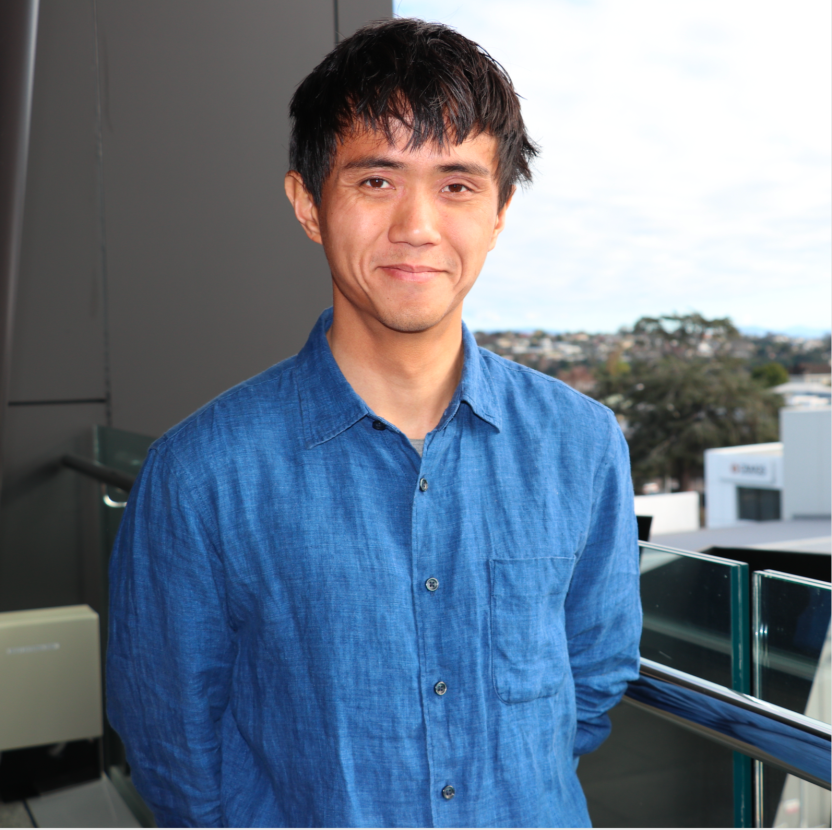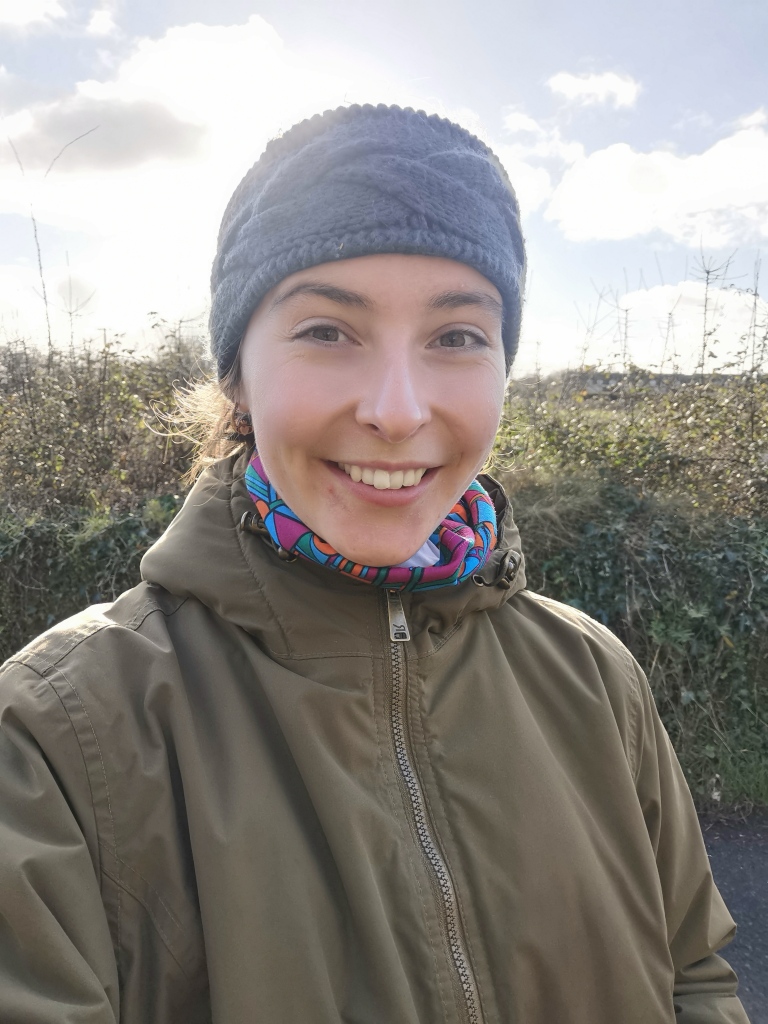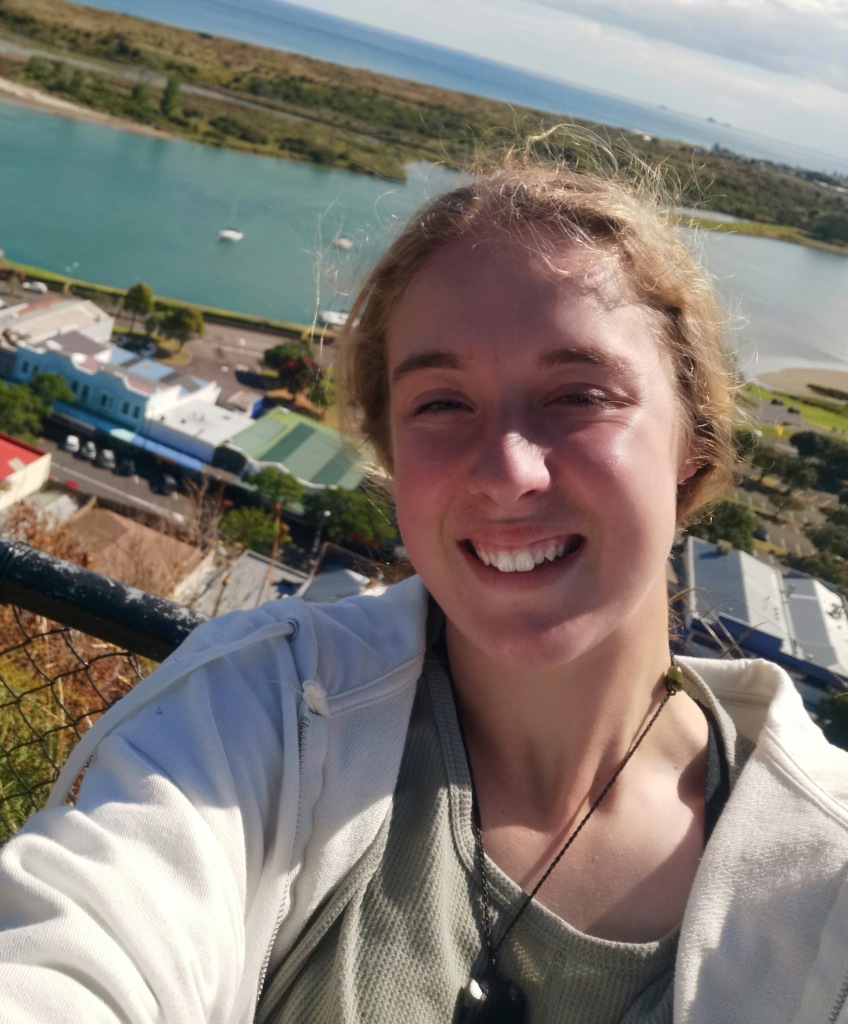
Terry Isson | Principle Investigator | Welcome to the Earth-Life Interactions Group page. For me life began on the island country of Singapore. After 2 years as a Naval Diving Unit operative in the Underwater Demolition Group, I relocated to Scotland (University of St Andrews) and subsequently America for a PhD (Yale University). Our research in the group most broadly focuses on global biogeochemical cycles and climate, both in the modern and throughout Earth’s history. We integrate field, petrographic, geochemical and laboratory work with numerical models, to test hypotheses of global change that concern the co-evolution of microbial life and its environment. A central theme of our research is to better understand processes that regulate the global carbon cycle, and the mechanisms that give rise to planetary climate stability. We are also working to assess the potential of accelerating silicate weathering for large scale carbon capture through field, numerical modelling and machine learning methods.

Sofia Rauzi | Graduate student | Antarctica New Zealand Doctoral Scholar | A lifelong love for the natural world has steered Sofia into the field of geochemistry and paleoclimate. Her passions drive her to better understand the interactions between life and Earth surface environments over time, and the biogeochemical feedbacks that arise from it. With a strong background in geology and geochemistry, Sofia’s research will shed light on the coupled evolution of the marine biosphere and climate on Earth.

Sourajit Sahoo | Graduate student | Born and raised in a small town in East India that experiences extreme weather conditions, Sourajit has been a spectator of a rapidly changing environment. Sourajit completed a masters degree looking at the isotopic distribution of carbon in IAB iron meteorites. With his background in geochemistry and data science, Sourajit is now working to test the effectiveness and scalability of natural carbon capture techniques.

Thomas Corbett | Ngā Puhi | Rutherford Postdoctoral Fellow | After completing his PhD at Te Whare Wānanga o Waikato, Thomas moved to Sweden (Uppsala University) to work on microbial silicate weathering. Thomas’ research focus is the mitigation of human effects on climate change and nutrient availability in waterways. Thomas is currently working to enhance natural microbial silicate weathering processes under high temperatures to sequester CO2.

Nina van der Zanden | Graduate student | As a graduate student in Earth and Environmental Science, Nina is motivated by her commitment to driving forward science-based solutions to human induced climate change. Her background in arts and law provides her with a refined perspective on this topic and has reinforced her dedication to taking on fundamental humanitarian and scientific issues. Nina is currently working to constrain the potential and threshold of enhanced rock weathering for carbon capture and sequestration in terrestrial environments in New Zealand through field based research.
Past Members

Ciara Ní Mhaoldomhnaigh | Research Assistant | Ciara is a native of Ireland and has a background in geology. Growing up, the land and seascapes in her surroundings fascinated her. Longing to better understand Earth’s processes she completed a degree in Geology at University College Cork. Curiosity and respect for the planet has driven Ciara to delve into the realm of paleoclimate, where she hopes to help develop a better understanding of how the Earth’s climate system works.

Jana Longney | Research Assistant | Te Paiwai O Te Rangi Scholar | Having been raised close to nature, Jana’s desire to understand and protect the environment around her is ceaseless. She often finds herself lost in the world of the natural sciences, and believes that by deepening her understanding in the field, her work could one day re-shape the way we live and manage resources. Jana’s research is highly interdisciplinary and currently focuses on both land management and offsetting greenhouse gas emissions as part of the carbon cycle. Specifically, Jana is working to estimate the potential of enhanced rock weathering for carbon capture in New Zealand cropland, and the effect of the process on germination and crop productivity.

Samuel Mc Cormack | Graduate student | Marine sponges, the earliest evolving animal life forms, are believed to have played a prominent role in regulating both oxygen and carbon cycling throughout Earth’s history. By combining his expertise in sponge taxonomy, ecology and stable isotopes, Sam is working to better constrain how coastal marine sponges link the cycling of organic matter between the terrestrial and marine environments today, with potentially massive implications for organic carbon storage in coastal sediments.

Sarah Tetzlaff | Undergraduate Researcher| Sarah is pursuing a degree in Environmental Science and Human Performance Science. Her research focuses on the potential of enhanced rock weathering to both capture carbon, and its potential to replace the need for liming in agriculture land. Outside of university, Sarah is a competitive sport climber and has represented New Zealand at multiple World Cup and World Championship competitions, and holds a national title in speed climbing.